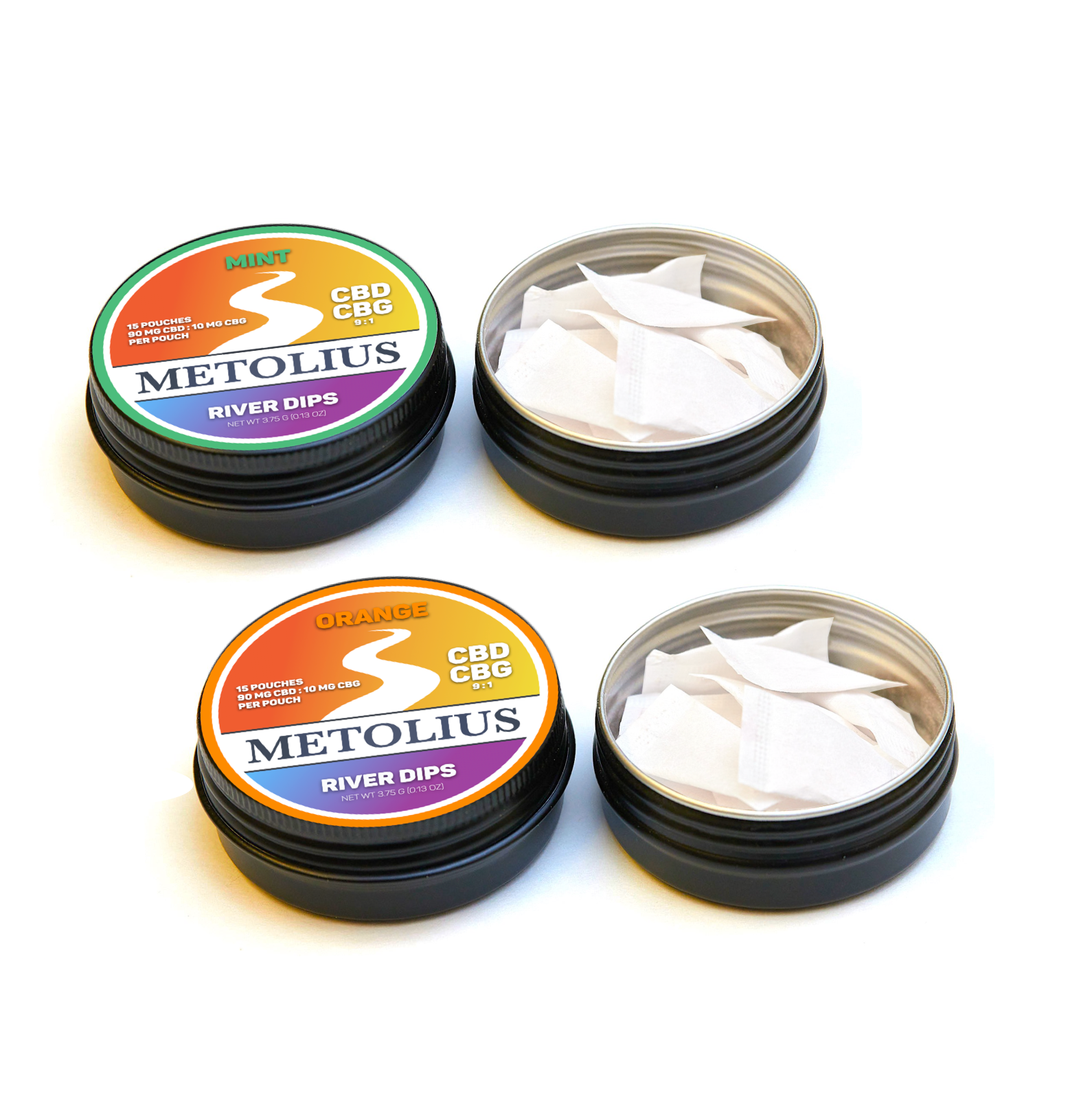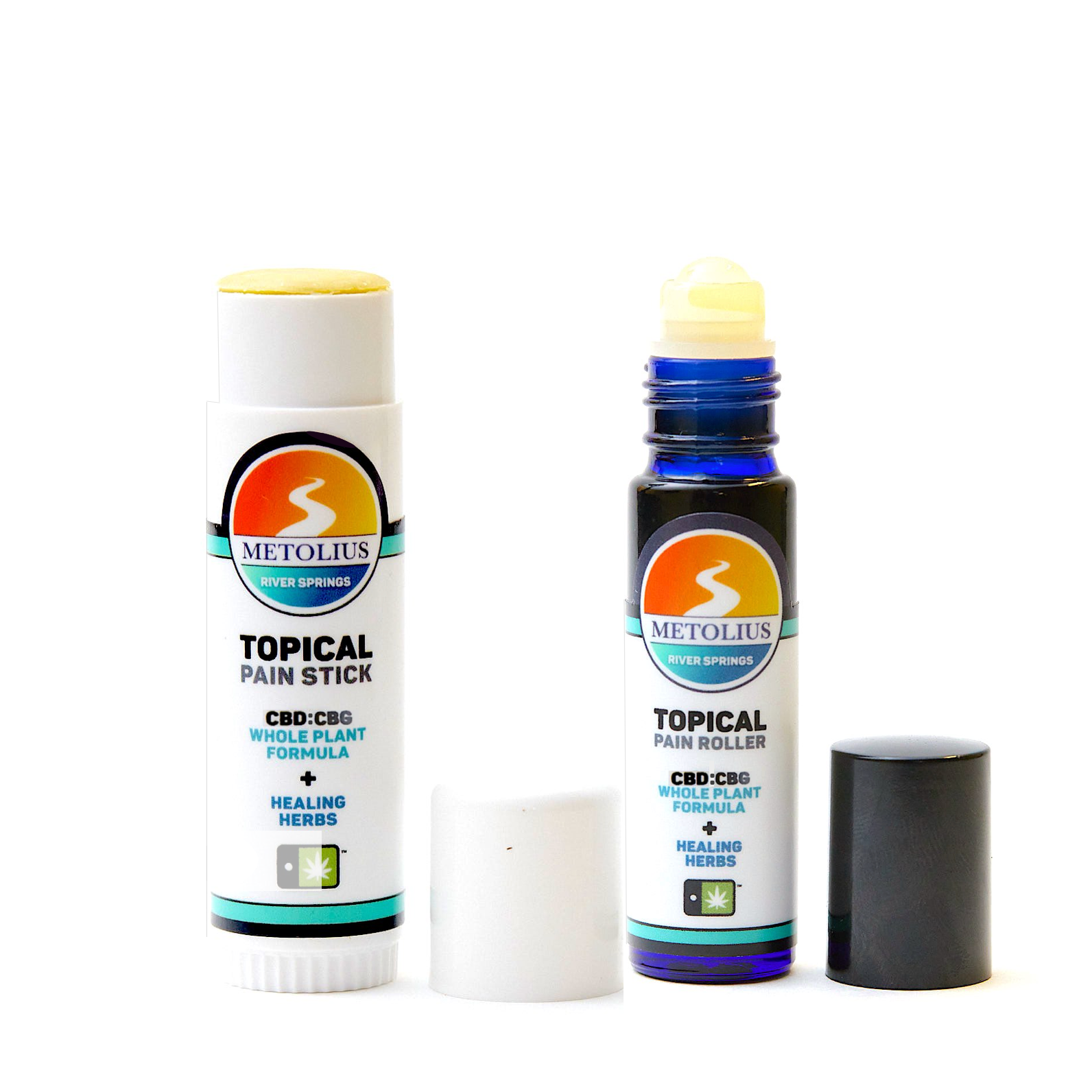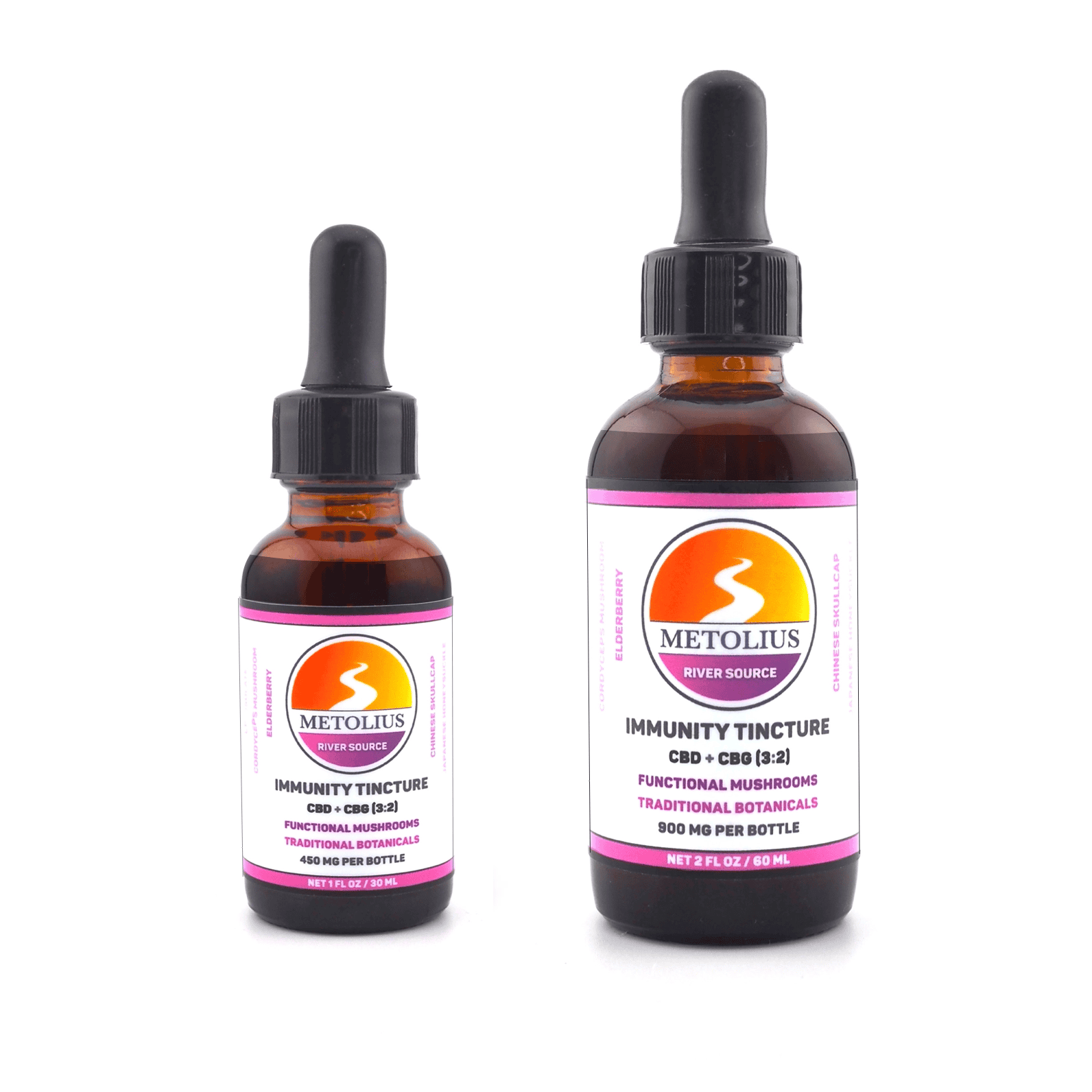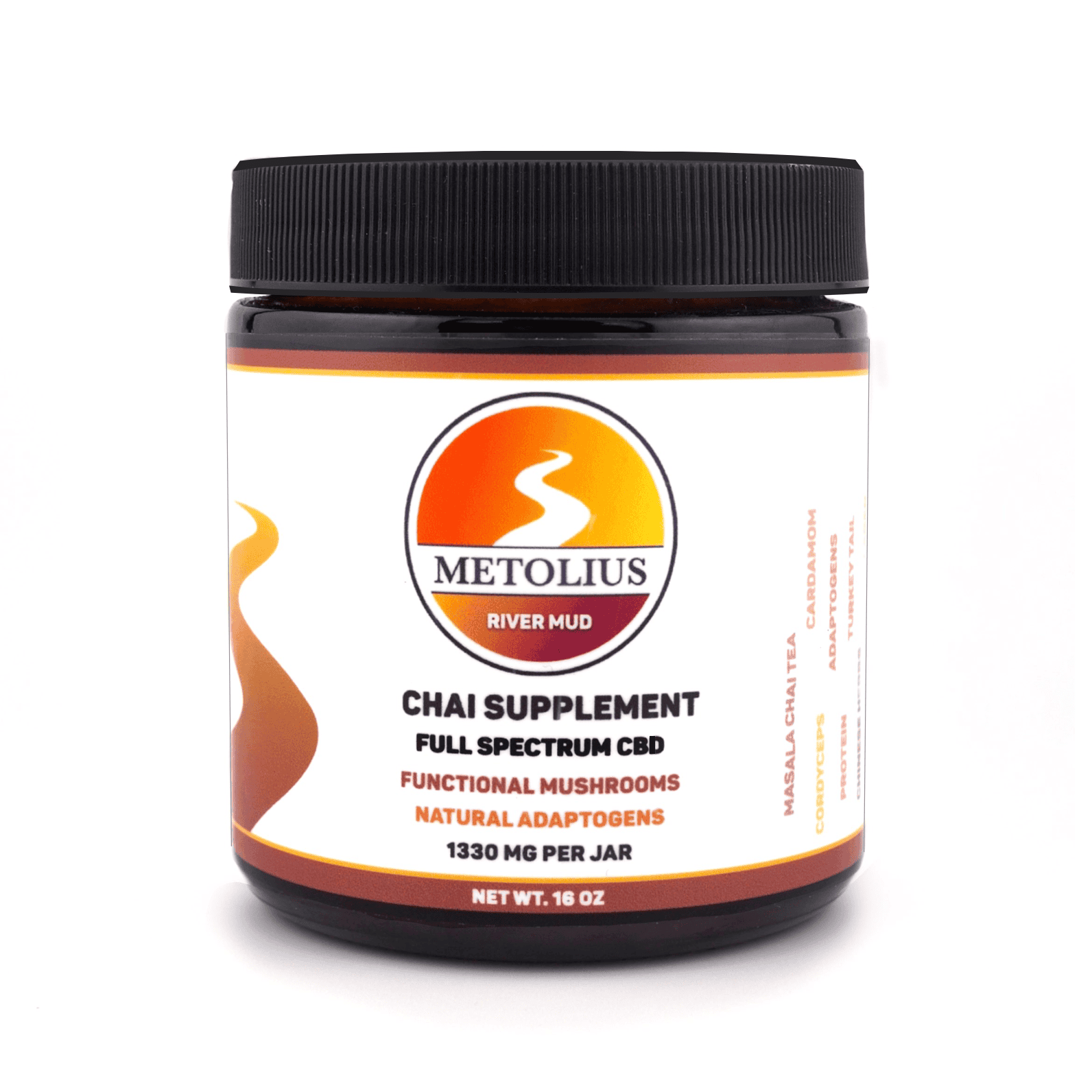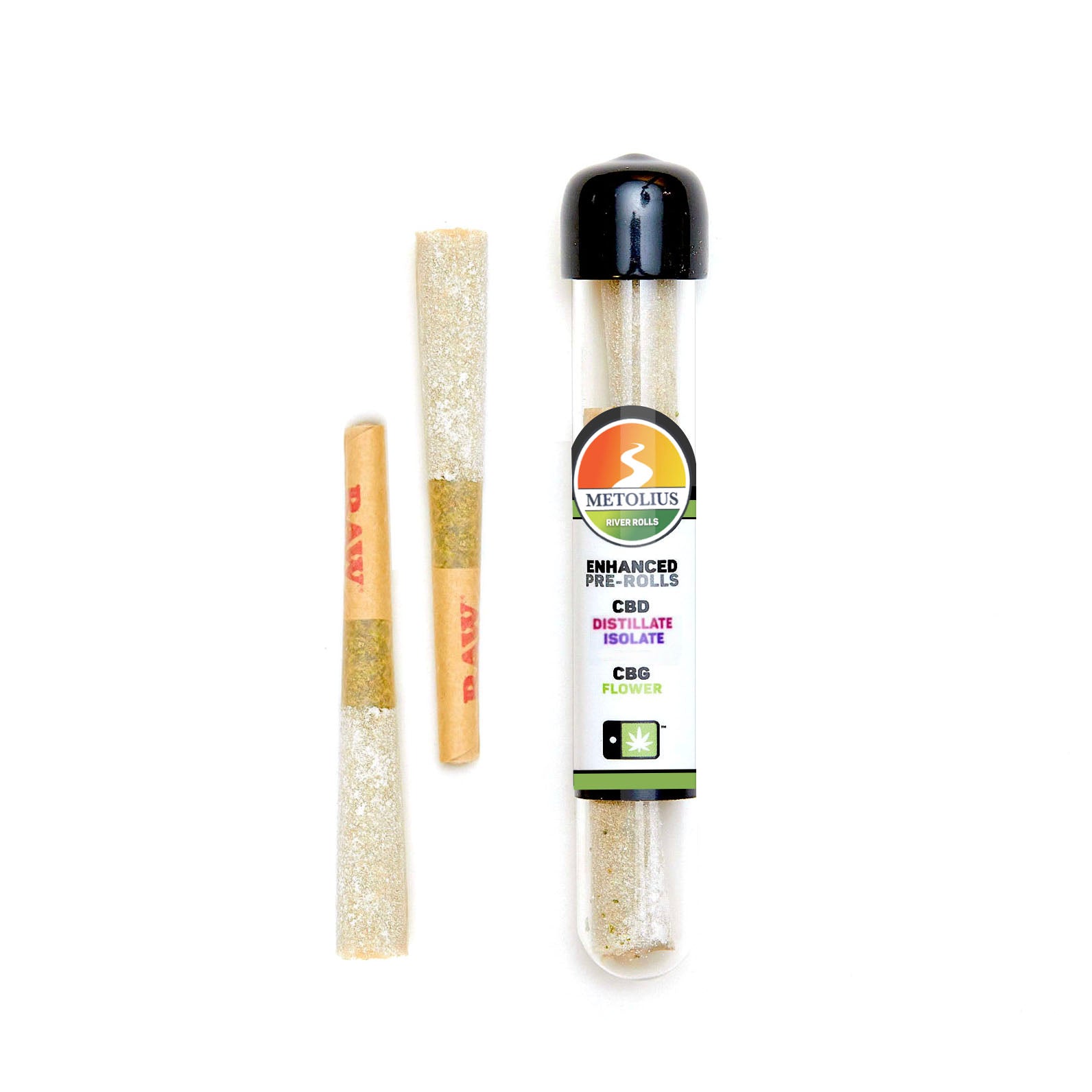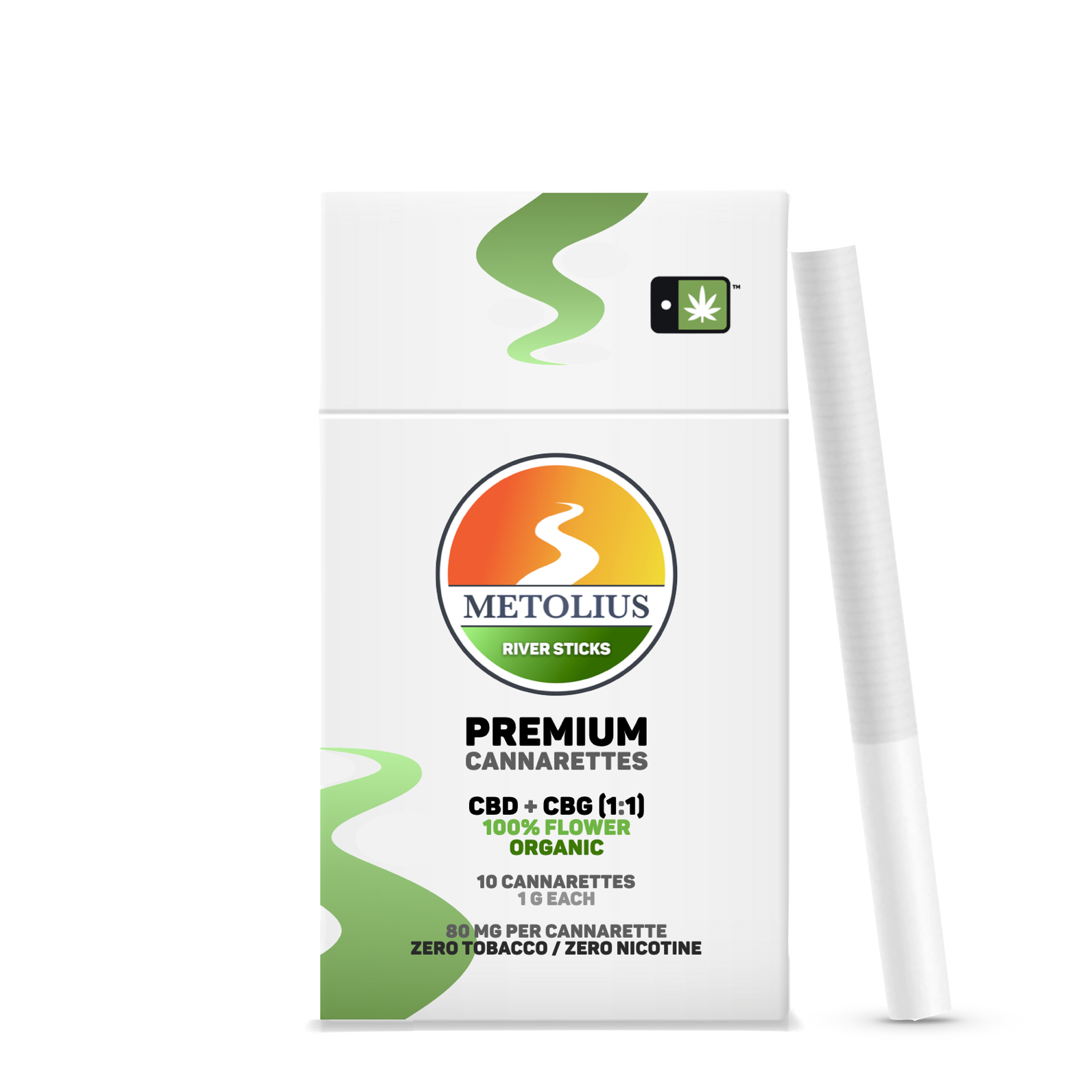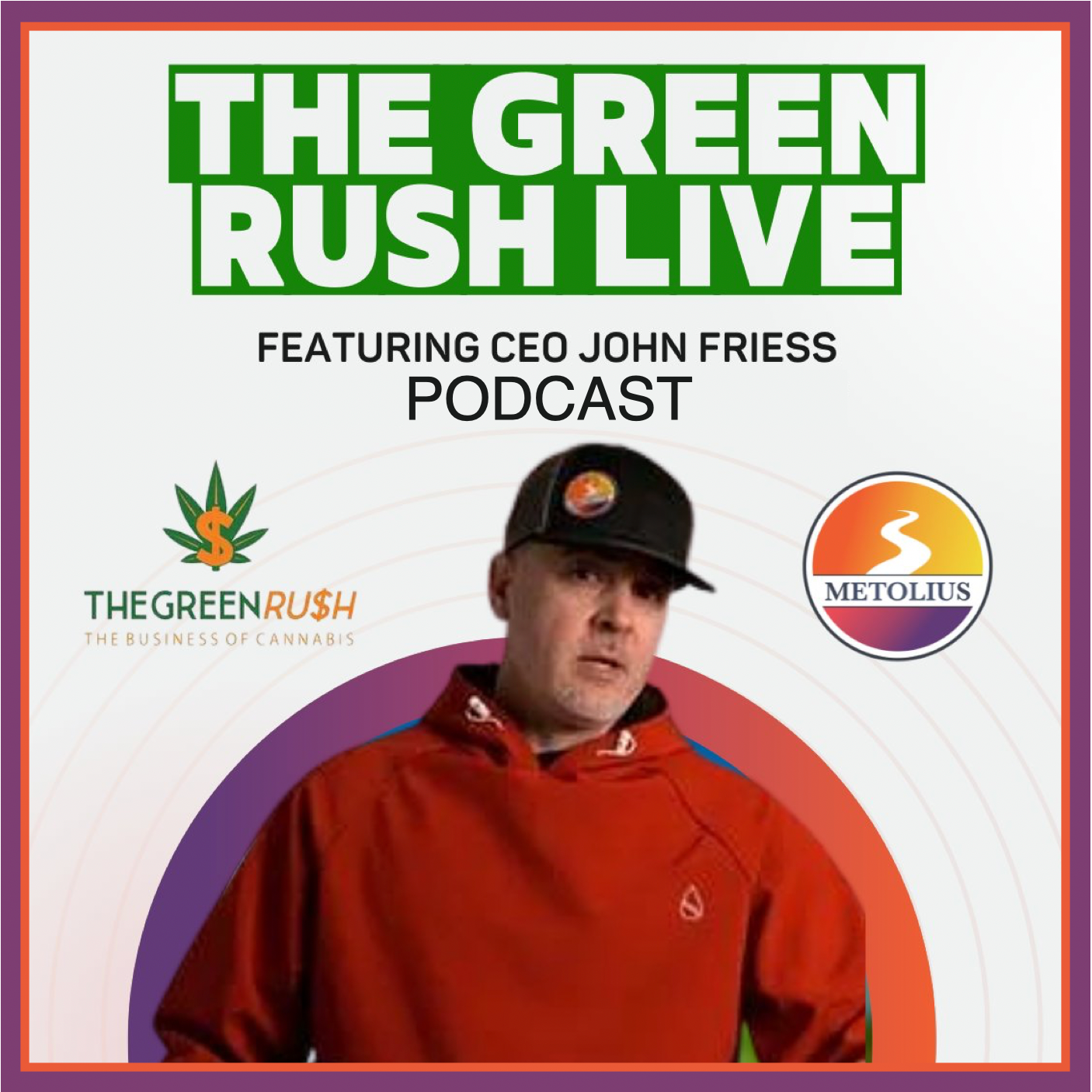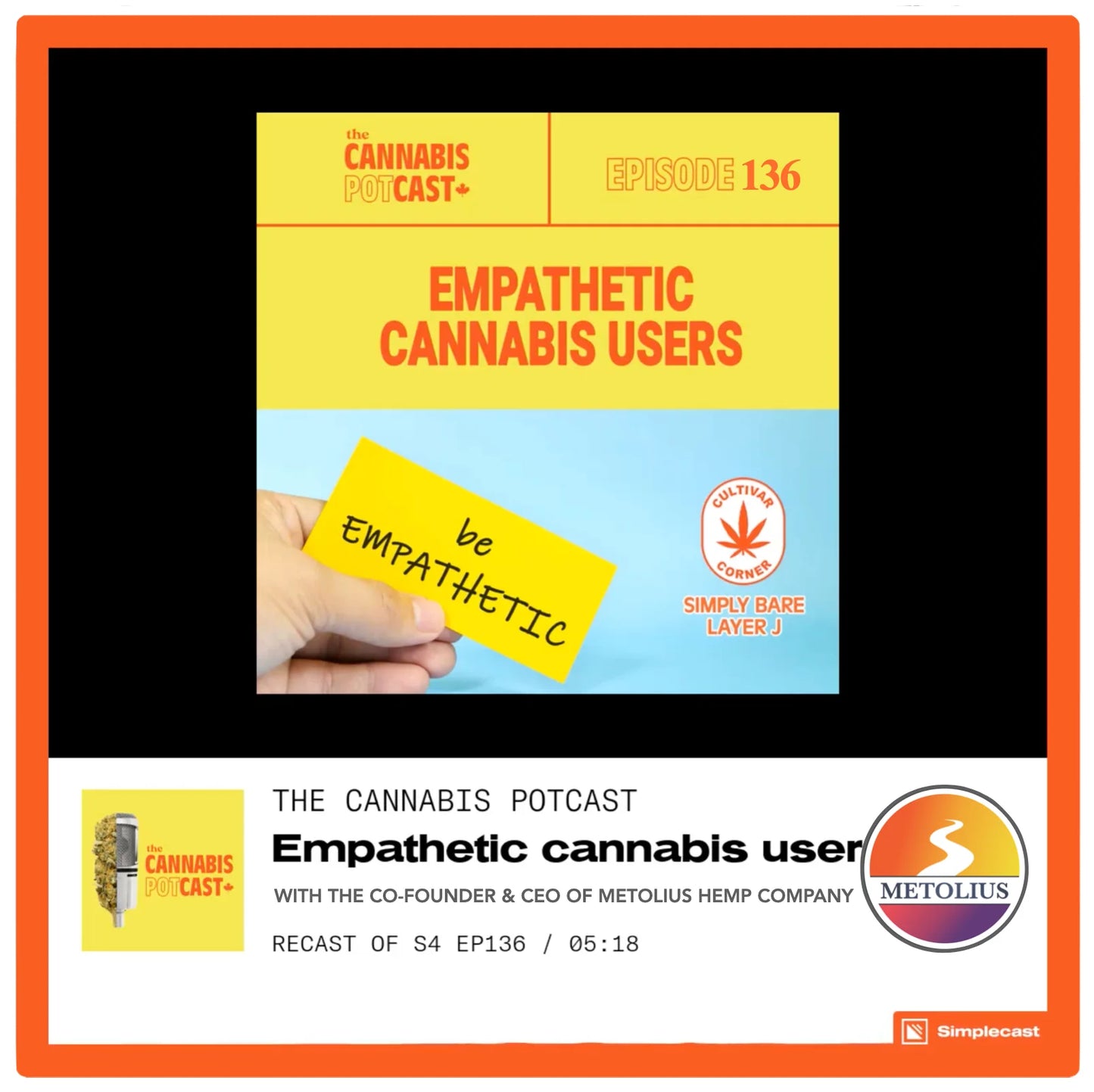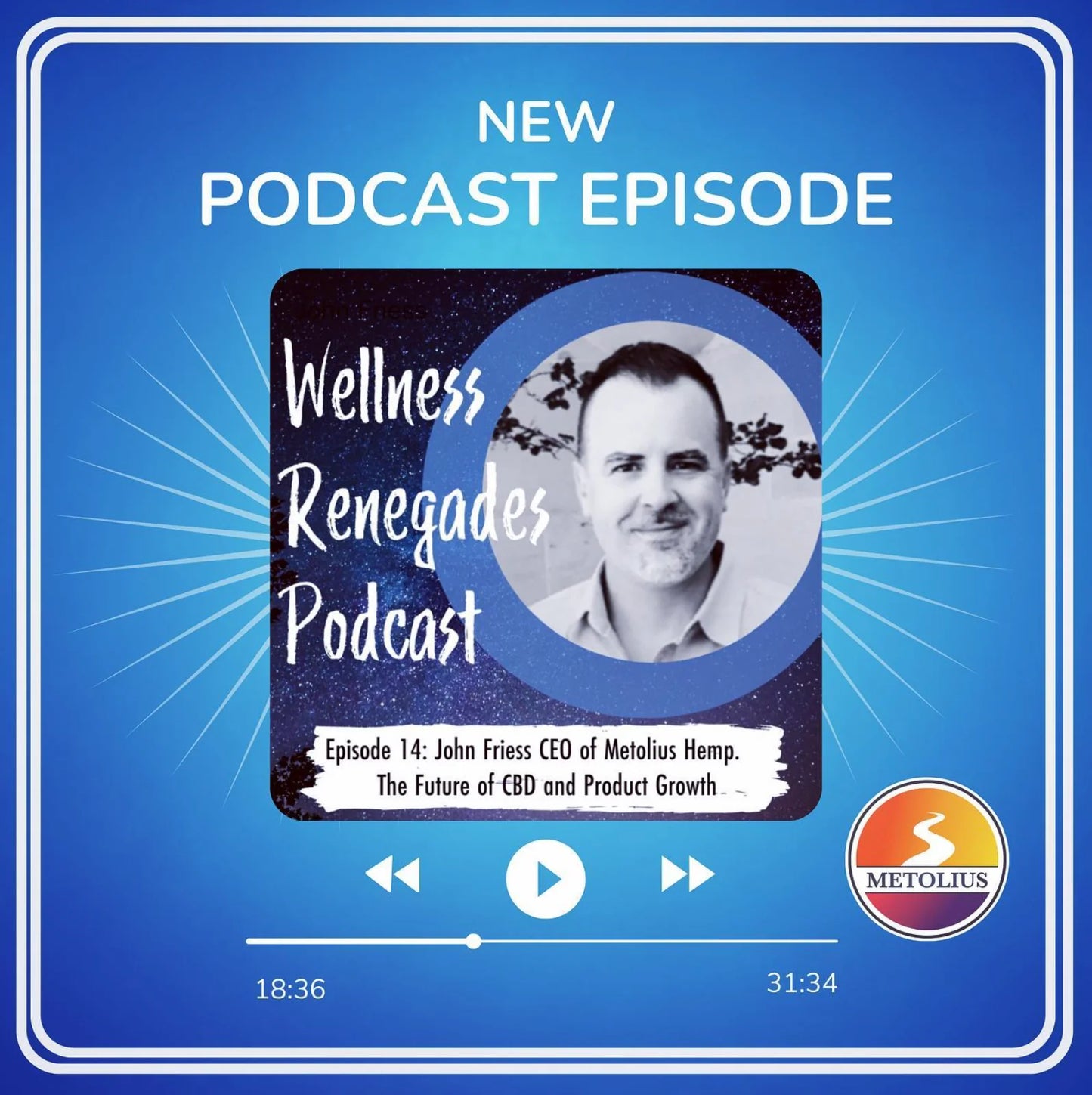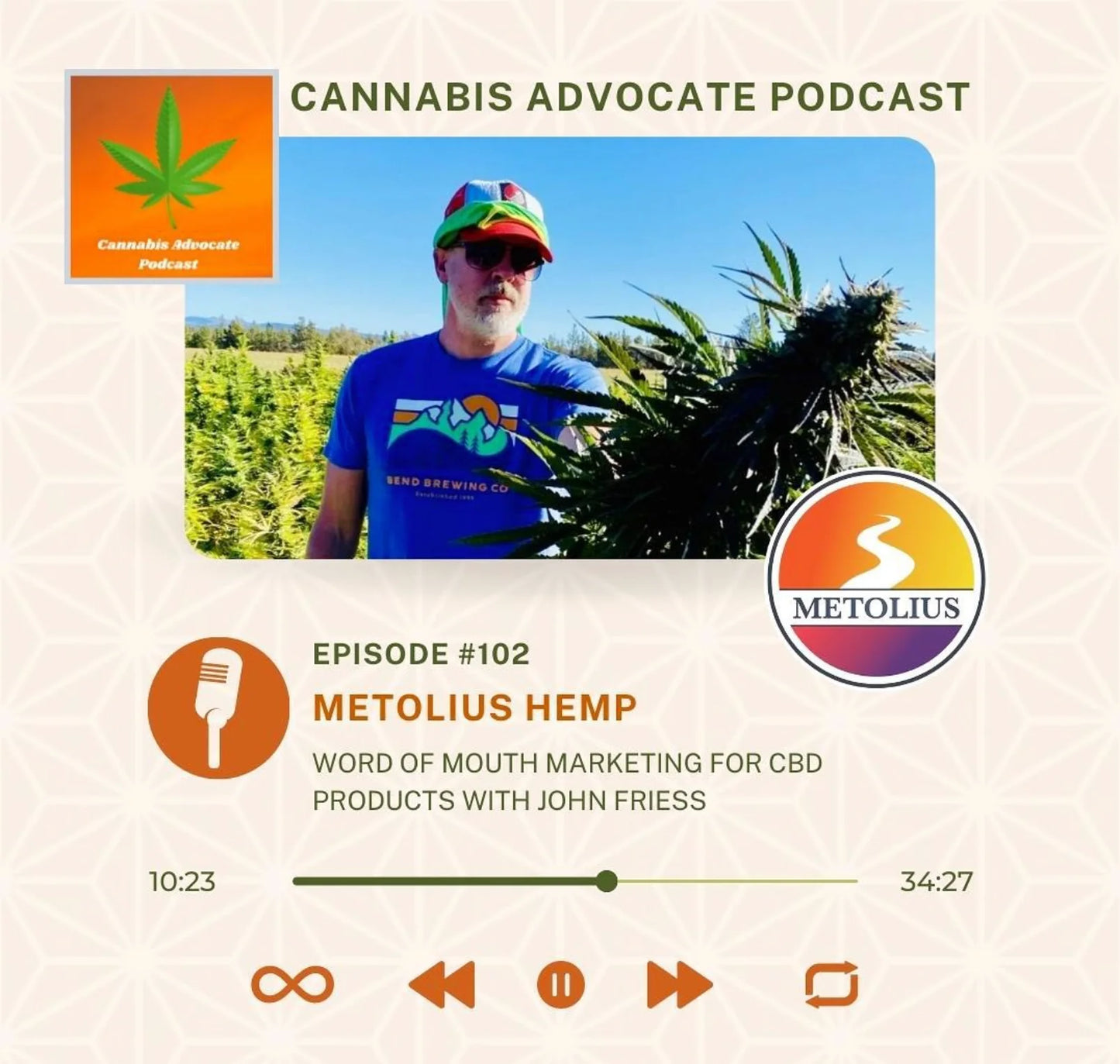I know CBD, like I have friends that do this, like this has been 10 years, like I understand this.
I have never have a product that had so little of that after bitter taste right, and it has like that honey flavor, like that real botanical, like the terpenes...you feel like you can you can taste the plant, but not any of that other crap. It's beaufutul, it's relaxing, it's calming...I can't believe it.
I actually don't normally even like this kind of stuff because I've never found any that was that good. This is by far the best thing I have every had.
This site is protected by hCaptcha and the hCaptcha Privacy Policy and Terms of Service apply.
What I love about it {River Rolls} is that I got pretty bad news the other day and I got one of these and it's the first time I'd smoked anything like this in my whole life. And I was having a really rough time, and one of these and almost instantly all of the pain I felt went away.
And I felt great the rest of the afternoon, the rest of the day, and into the next day. Without any kind of negative side effect at all...and they taste delicious.
I love these rolls {River Rolls} because it has helped me get off THC, and it really helps me relax and actually be able to function.








